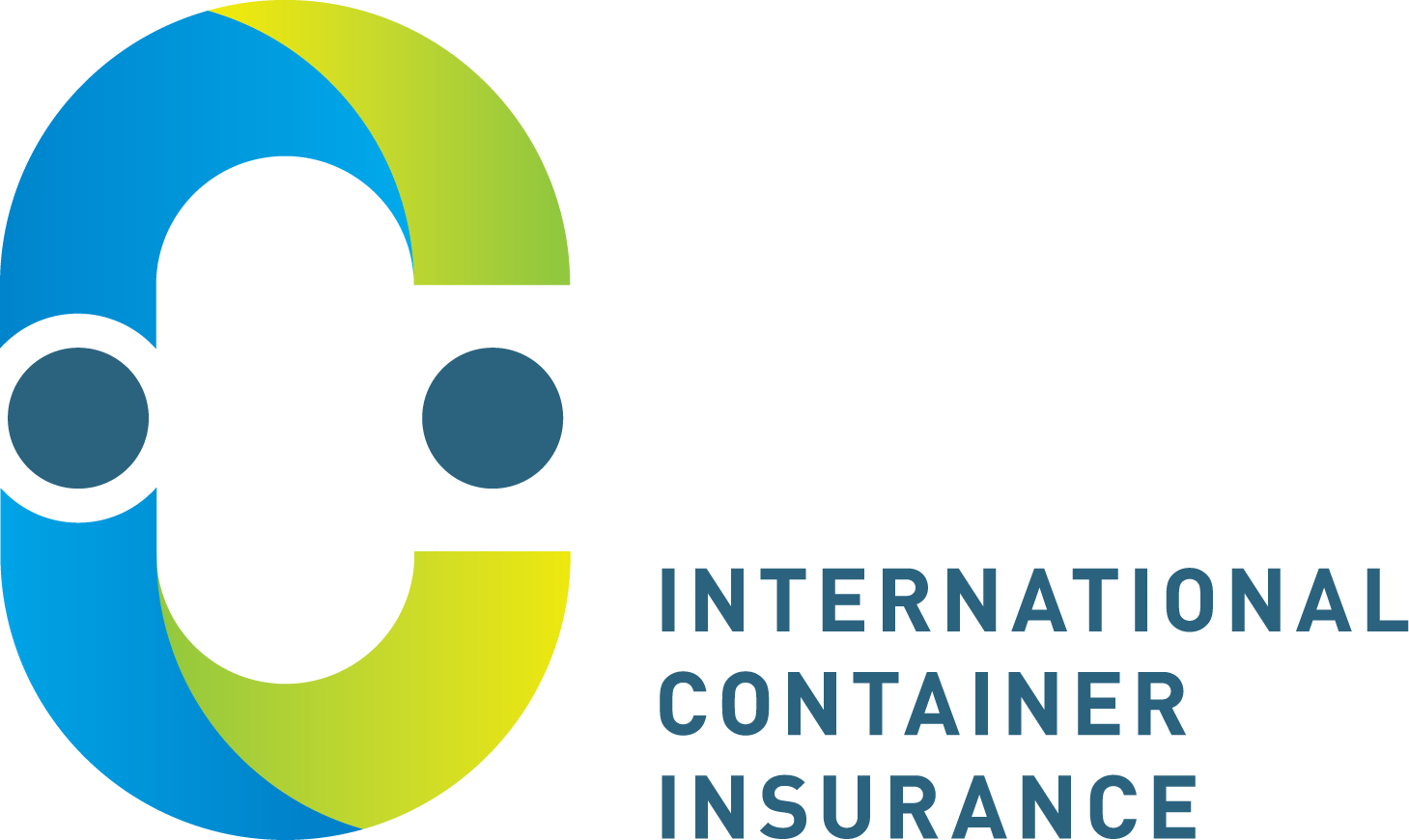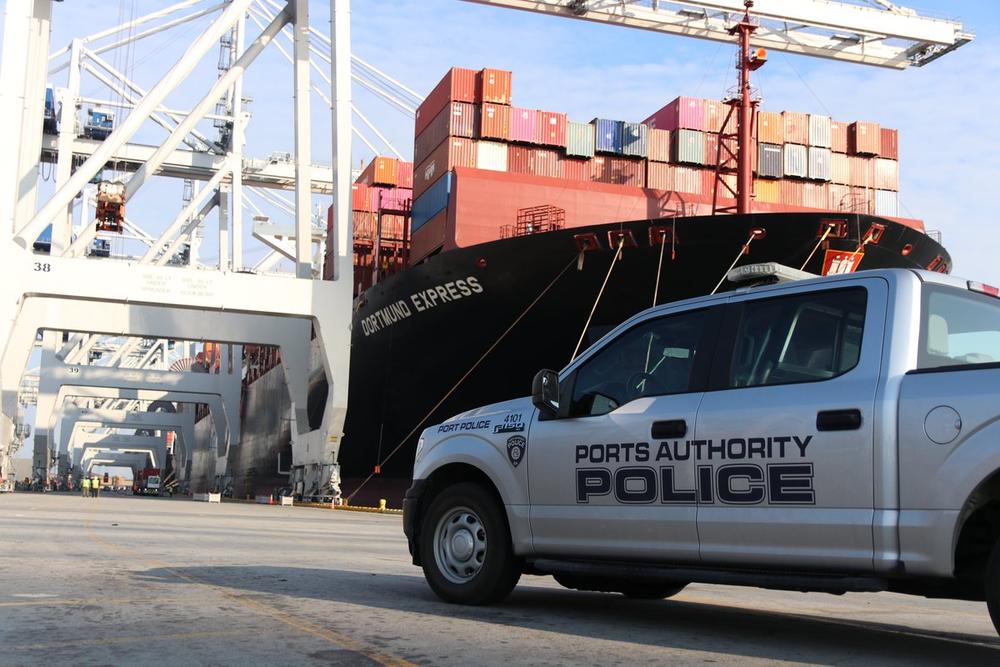With the flow of drugs through the continent's ports in massive quantities, the European Commission has decided to create the European Ports Alliance, bringing together all relevant public and private actors in the fight against drug smuggling and criminal infiltration into logistics hubs.
It mobilises Member States, local authorities, law enforcement authorities, including customs, European Union agencies and private actors operating in ports, with the aim of strengthening risk management and implementing more targeted and effective controls at ports, including through the funding of state-of-the-art equipment that can help customs authorities scan containers and other means of transport, and strengthening law enforcement operations at ports
"Europe has replaced the United States as the world's largest cocaine market and is fast becoming a global hub for drug trafficking, a disturbing claim that we must redouble efforts to reverse," said Margaritis Schinas, Vice-President for Promoting our European Way of Life.
"Today, we're announcing a new set of measures to improve the resilience of logistics hubs and dismantle criminal networks. This will be complemented by a strong commitment to partners around the world to shut down major supply routes."
More than $220 million will be spent on the installation of scanning equipment at the ports. In Antwerp, the drug cartels' preferred European port, authorities have pledged to scan all high-risk containers by 2028.
In April, Europol, the European Union's law enforcement agency, launched a joint analysis report with the Security Steering Committee of the ports of Antwerp, Hamburg, Bremerhaven and Rotterdam, analysing the risk and challenges posed by criminal networks in EU ports.
Criminal networks are increasingly working on infiltrating and controlling major logistics points, with the Europol report pointing to the use of diverted container reference codes as a modus operandi to extract illicit goods from ports.
Europol details that criminal networks organize the infiltration of ports by coordinating local networks of corrupt port employees.
The main way criminals do this is through the corruption of shipping company personnel, port workers, importers, transport companies, and representatives of national authorities, among other actors, whose actions are necessary to ensure the entry of illegal shipments. However, this approach requires the corruption of a large number of accomplices.
To focus their efforts and minimize the risks of merchandise loss, organized criminals are looking for new modus operandi that require the corruption of far fewer individuals. Europol's report on criminal networks in EU ports looks at a specific technique that exploits reference codes from diverted containers.
This requires the corruption of just one individual, along with the corruption or infiltration of extraction equipment, who then receive between 7 and 15% of the value of the illicit shipment.
"If the use of diverted container reference codes, and similar innovative modus operandi derived from it, is not effectively and efficiently addressed, it is likely to increase," Europol said in a statement, adding: "Criminal networks will continue to use major ports for trafficking and infiltrate through corruption, provided that gaps in the logistics chain and security procedures allow it."
As a side effect of criminal operations at ports and the rivalry that comes with it, violence often spills over from major transportation hubs onto the streets of surrounding cities, where competition for distribution takes place.
La directora ejecutiva de Europol, Catherine De Bolle, instó a una mayor colaboración entre el sector público y privado para combatir el crimen organizado en los puertos de todo el continente.
Ylva Johansson, European Commissioner for Home Affairs, said: "Europol's report on criminal networks in ports illustrates what we are fighting against. It shows the sophistication of criminal drug gangs, their strength and their ruthlessness. Drug traffickers promote corrupt actions and practices, sometimes bribery, sometimes intimidation."
According to the International Chamber of Navigation, nearly 90 per cent of all cocaine, 45 per cent of all marijuana and 30 per cent of all amphetamine-type stimulants are trafficked by sea.
ICI it's a leading company in the international logistics and transport insurance industry, for more than 15 years we have provided our customers with a advisory service in logistics and international transport insurance, of the highest quality based on the responsibility and efficiency that characterizes us, continuously demonstrating that we are the benchmark par excellence in the foreign trade sector.
Do you want to know more about our services? Click here To find out more about what we can offer you or contact us at +(1) 888-3698790/+(58) 212-9764269 or write to us at sales@icicoverage.com to provide you with personalized attention.
Follow us on our social media to receive the most relevant news, specialized information from the international logistics and transport insurance industry, and everything you need to keep up with the latest trends.


